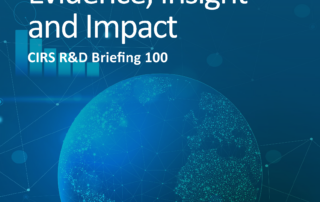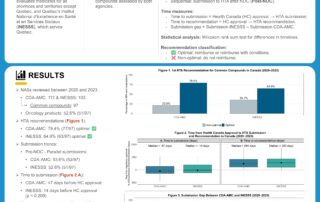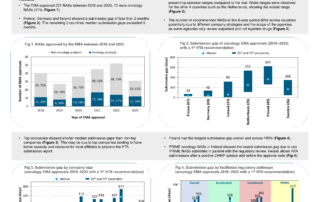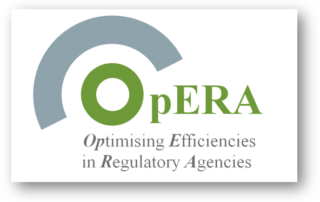Publications
CIRS publishes insights from its research and meetings in several forms:
- R&D Briefings – research papers produced by the CIRS team e.g. annual regulatory and HTA benchmarking briefings
- Journal articles – peer reviewed academic research papers
- Reports – from CIRS workshops and externally commissioned research projects, as well as CIRS Annual Reports
- Books – research theses from CIRS-supported PhD students
- Posters – presented at external conferences
Keep up-to-date with CIRS publications and activities by signing up to our mailing list or following CIRS on LinkedIn.
Historical Review of the African Medicines Agency (AMA) – Ismail 2026
This journal article co-authored by CIRS, AUDA‑NEPAD, the African Medicines Agency (AMA), and University of Hertfordshire, reviews the development of the African Medicines Agency (AMA), tracing its evolution from the …
CIRS R&D Briefing 100: Four Decades of Evidence, Insight and Impact
Explore how our R&D Briefings have impacted regulatory and health technology assessment (HTA) policy worldwide. We are delighted to share with you CIRS R&D Briefing 100, a special edition celebrating …
Canadian HTA landscape: Comparing HTA timelines and outcomes for CDA-AMC and INESSS
How do HTA timelines and recommendations compare across Canada’s HTA agencies? At ISPOR Europe 2025, we presented a poster analysing HTA timelines and outcomes for Canada’s Drug Agency (CDA‑AMC) and …
Patient Involvement in Regulatory and HTA Decision Making – 2025 Workshop Synopsis
This CIRS multi-stakeholder workshop examined strategies for embedding meaningful patient engagement and patient experience data in regulatory and HTA processes.
HTA Submission Trends for EMA-Approved Oncology Medicines 2018-2023
How quickly do oncology medicines move from EMA approval to HTA submission across Europe — and how might this change under the EU HTA Regulation? At ISPOR Europe 2025, we …
Assessing Good Review Practices in Zambia Medicines Regulatory Authority – Chisha 2025
Introduction: The implementation of Good Review Practices (GRevPs) ensures the timely, high-quality review and enhanced availability to safe, quality, and efficacious medicines. It is important, therefore, that all aspects of GRevPs …
Incentivising Medicine Development for Chronic Diseases – Workshop Report
This CIRS multi-stakeholder workshop examined strategies for incentivising the development of medicines for common chronic diseases.
Regulatory performance of ML3 African NMRAs – Owusu-Asante 2025
Background The World Health Organization (WHO) developed the WHO Global Benchmarking Tool (GBT) to assess and benchmark the drug regulatory systems and practices in national medicines regulatory authorities (NMRAs). The …
Contribution of the ECOWAS region to the African Medicines Agency
“This book is a must-read for all those with interest in medicines regulation in Africa… It provides timely expert information for consideration and possible adoption during the operationalisation of the …
CIRS RD Briefing 103 – Review of HTA outcomes and timelines in Australia, Canada, Europe and the UK, 2020-2024
This R&D Briefing presents findings from HTADock, an ongoing CIRS metrics study that collects publicly available data on new active substances (NASs) appraised by 12 HTA agencies in Australia (PBAC), …
Incentivising Medicine Development for Chronic Diseases – Workshop Synopsis
This CIRS multi-stakeholder workshop examined strategies for incentivising the development of medicines for common chronic diseases.
How are international regulatory organisations shaping global pharmaceutical policy? Dangy-Caye et al 2025
We’re pleased to share our latest publication in Frontiers in Medicine, developed in collaboration with Sanofi, exploring how international regulatory organisations are shaping global pharmaceutical policy. Data from our Growth …
Evaluation of good review practices at FDA Ghana – Owusu-Asante 2025
The aim of this study was to assess the good review practices (GRevPs) of the Food and Drugs Authority (FDA) Ghana in order to identify opportunities for improvement. Reviewers of …










